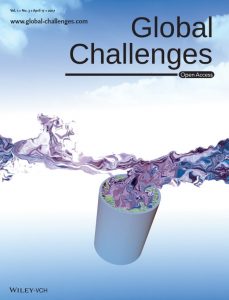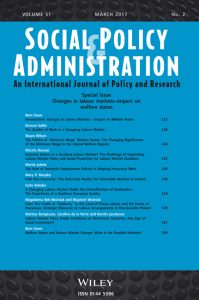Beautiful and Pointless?
 David Orr half-smiled at me from the pages of the New York Times Book Review this morning. In his dark blue button down shirt, head cocked sympathetically to the side, wire-rimmed glasses gracefully seated at the bottom of a long forehead, this man has clearly selected an author photo of himself that represents his belief in the power of ideas. His own, surely, and those of others so long as they are expressed in poetry. But Orr’s new book Beautiful and Pointless: A Guide to Modern Poetry bears a title that says volumes about how he sees those ideas. They’re “pointless.” They’re just pretty. Addictively pretty, apparently. Pretty enough to obsess over. Pretty enough to love, even if it never makes a “point.” Which begs the question: what the heck is a “point”? And who gets to decide when one is made?
David Orr half-smiled at me from the pages of the New York Times Book Review this morning. In his dark blue button down shirt, head cocked sympathetically to the side, wire-rimmed glasses gracefully seated at the bottom of a long forehead, this man has clearly selected an author photo of himself that represents his belief in the power of ideas. His own, surely, and those of others so long as they are expressed in poetry. But Orr’s new book Beautiful and Pointless: A Guide to Modern Poetry bears a title that says volumes about how he sees those ideas. They’re “pointless.” They’re just pretty. Addictively pretty, apparently. Pretty enough to obsess over. Pretty enough to love, even if it never makes a “point.” Which begs the question: what the heck is a “point”? And who gets to decide when one is made?
Ideas for Orr apparently get to float around outside of everyday social practices. And because ideas are so detached, he figures, they must just be beautiful and pointless. Perhaps Orr should have engaged in discussions with poetry lovers whose experiences were different than his own. People whose experiences with poetry had nothing to do with luxuriating in the beautiful and the pointless.
Poetry is not a luxury. The quality of light by which we scrutinize our lives has direct bearing upon the product which we live, and upon the changes which we hope to bring about through those lives. It is within this light that we form those ideas by which we pursue our magic and make it realized. This is poetry as illumination, for it is through poetry that we give name to those ideas which are, until the poem, nameless and formless-about to be birthed, but already felt. That distillation of experience from which true poetry springs births thought as dream births concept, as feeling births idea, as knowledge births (precedes) understanding.
Audre Lorde, from Sister Outsider (1984)
Poetry is not a luxury, Audre Lorde writes, but how can someone like David Orr, whose economic and social access to “art supplies” (or at least to folks who recognize, either through his intellectual-looking picture or his publicly stated delight in “beautiful and pointless” ideas, that his creative work, his thought-work, is stuff of value) conceive of the real, material inequalities around whose knowledge “counts” that make poetry necessary. Not just the poetry that goes in great collections or chapbooks or coffee-shop goers’ Moleskins, but the stuff through which real people who don’t have the luxury of Orr’s social position share the knowledge that they create.
As Lorde observes, poetry can be written on scraps of paper, in dark pantries, between double work shifts, or on the bus. It can emerge in conversation. It can be spoken but never written, yet repeated again and again across contexts and across differences. Or spoken once, and never again, but the knowledge shared knowledge that shapes whole ways of knowing, ways of seeing the world. Poetry does not require reams of paper (like, say, a book defending poetry would). Nor does it require long leaves of absence from work and daily life in order to complete a manuscript for publication. Poetry is an art form that cuts across material inequalities and enables, encourages the very human and humanizing act of sharing knowledge.
And in just about one sentence, Audre Lord moves us beyond the whole problematic of another man whose author photos bear a striking similarity to Orr’s: here I’m thinking of Michel Foucault and his anxiety over the repressive power of “the gaze”. Lorde writes: “As we learn to bear the intimacy of scrutiny and to flourish within it, as we learn to use the products of that scrutiny for power within our living, those fears which rule our lives and form our silences begin to lose their control over us” (1984: 36). Poetry is where those silences can be broken.



1756-2589/asset/NCFR_RGB_small_file.jpg?v=1&s=0570a4c814cd63cfaec3c1e57a93f3eed5886c15)